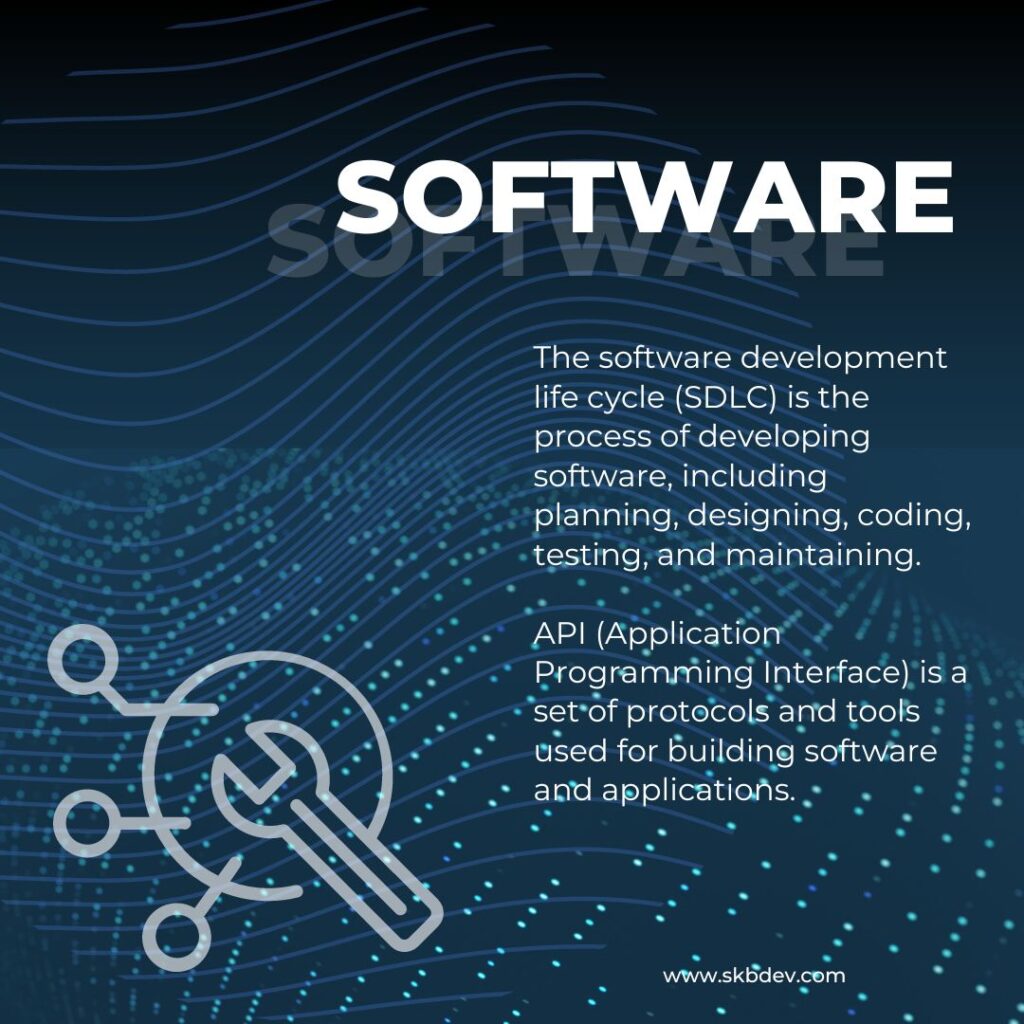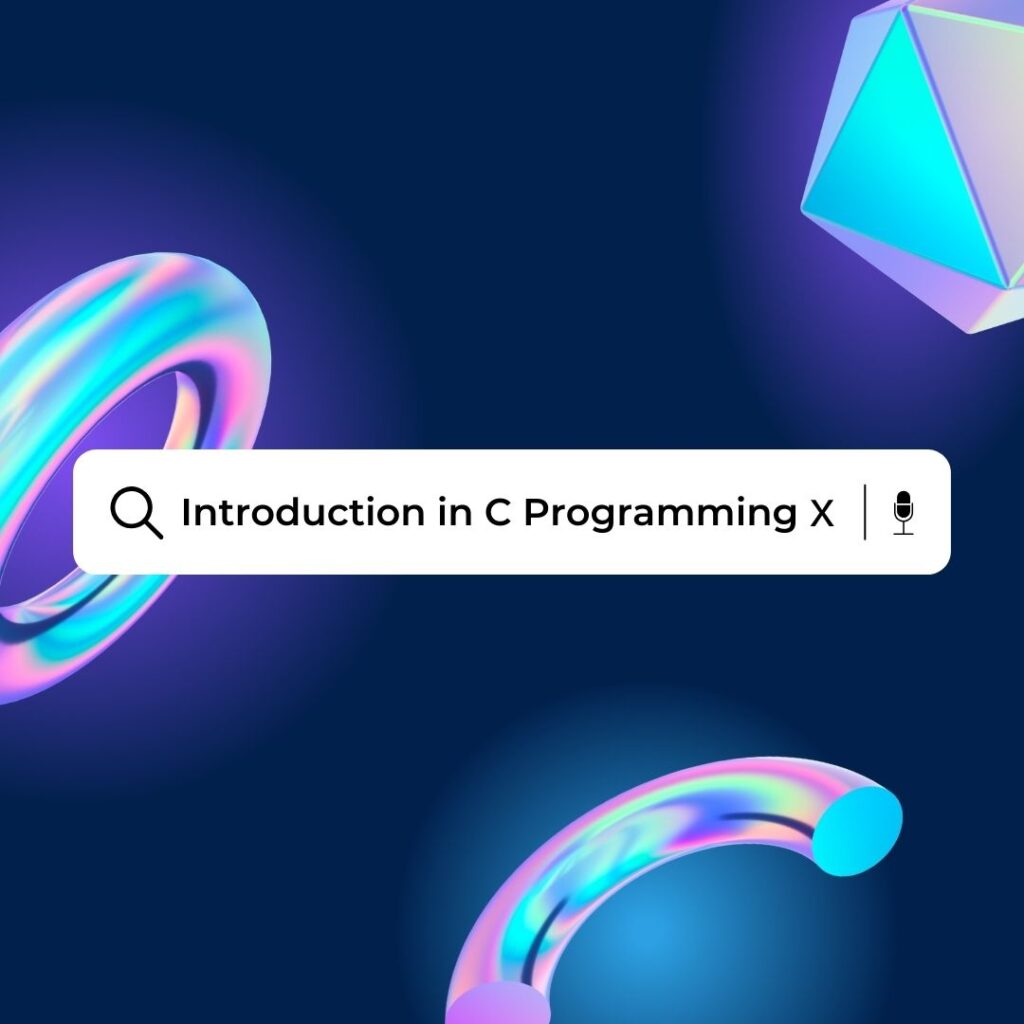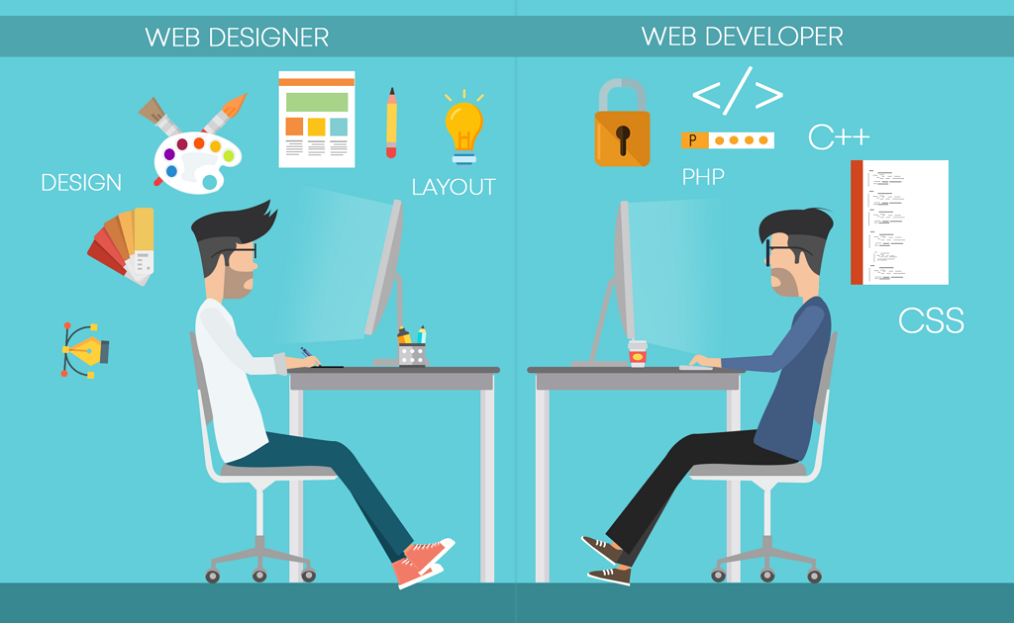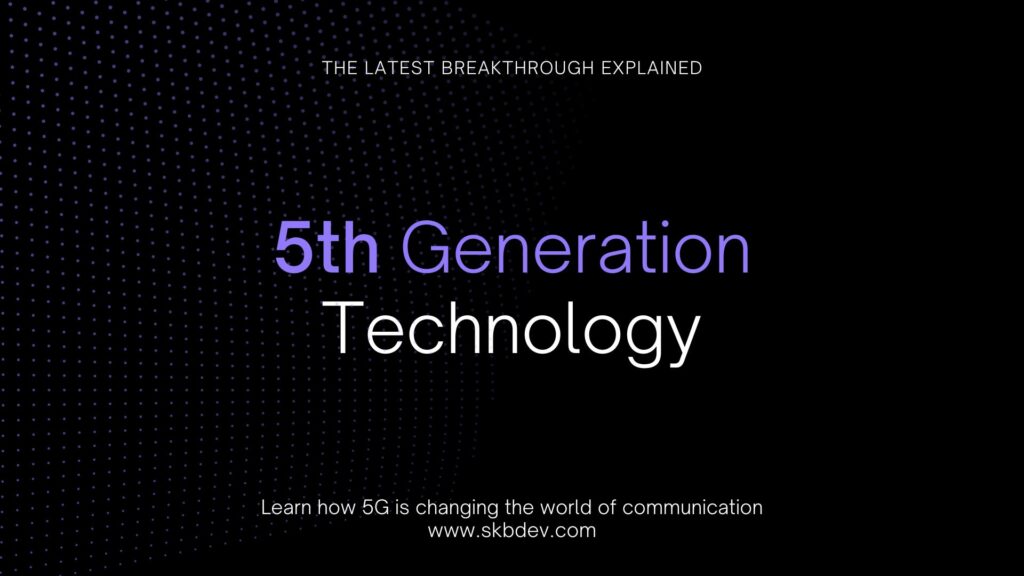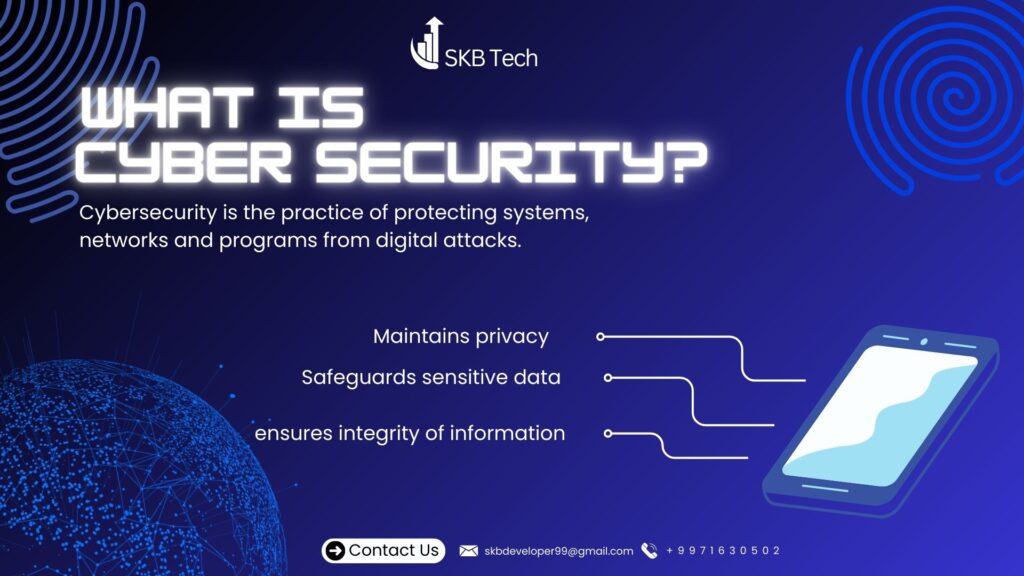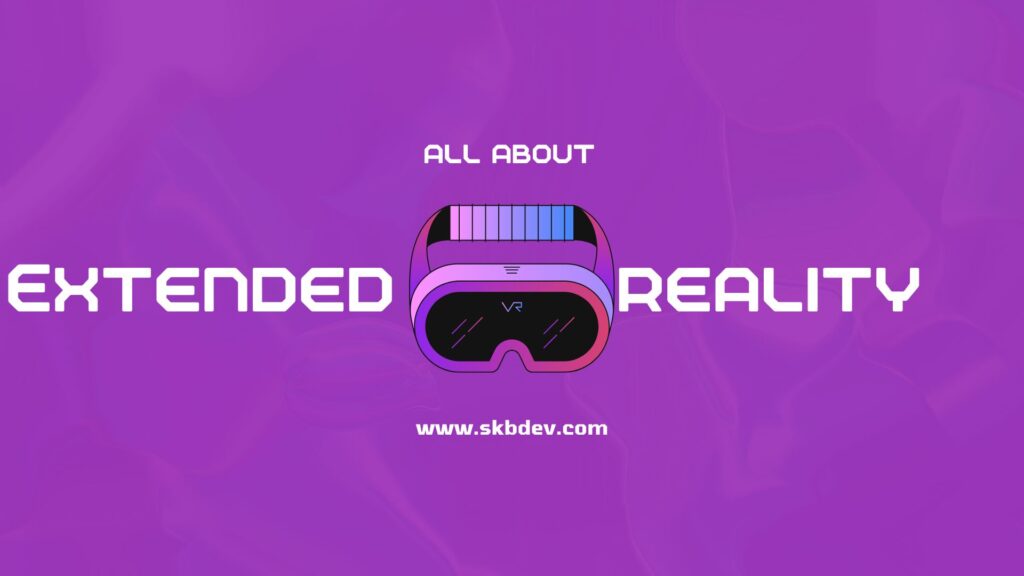What is Blockchain Development?
In today’s rapidly evolving digital landscape, blockchain technology is emerging as one of the most revolutionary innovations. Blockchain developers are at the forefront of this transformation, building decentralized applications (dApps), smart contracts, and secure systems. From cryptocurrency to supply chain management, blockchain’s potential spans across various industries, making blockchain developers some of the most sought-after professionals in tech.
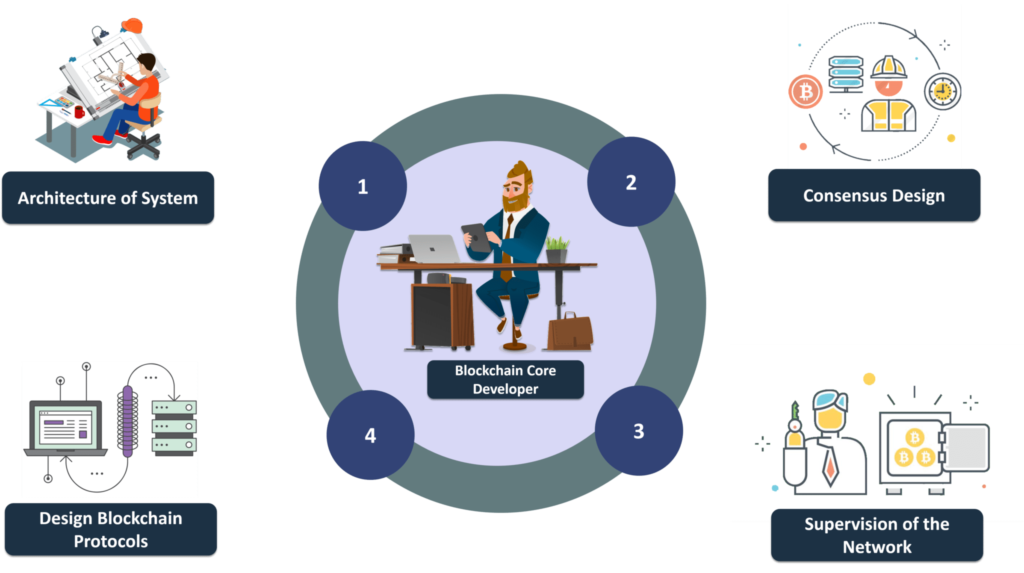
But what exactly does it take to be a blockchain developer, and how do they contribute to shaping the future of technology? In this article, we’ll explore the role, skills, and importance of blockchain developers, along with insights into how you can become one.
What Does a Blockchain Developer Do?
Blockchain developers are specialized software developers who design and implement blockchain technology. They build decentralized applications (dApps), smart contracts, and consensus algorithms while ensuring the system’s security and scalability. Blockchain developers can be divided into two primary categories:
- Core Developer
These developer create the architecture of blockchain systems, including consensus protocols, smart contract development, and security protocols. They design the infrastructure to ensure a secure and scalable blockchain network. - Blockchain Application Developer
These developers focus on building decentralized applications (dApps) that operate on top of a blockchain. They work with front-end and back-end technologies to ensure that blockchain applications meet the needs of end-users.
Key Responsibilities
Blockchain developers are responsible for designing, developing, and maintaining blockchain applications and systems. Their tasks include:
- Smart Contract Development: Writing self-executing contracts on the blockchain to automate transactions and enforce agreements.
- Building Decentralized Applications (dApps): Developing applications that run on decentralized networks, offering transparency and security.
- Network Security: Ensuring the blockchain’s integrity by implementing encryption techniques, consensus mechanisms, and cryptographic algorithms to safeguard data.
- Blockchain Protocols: Creating and maintaining the protocols that define how a blockchain network operates.
- Integration: Connecting blockchain solutions with existing business applications and ensuring smooth operation across platforms.
- Optimization: Improving the performance and scalability of blockchain solutions, making them faster and more efficient.
Essential Skills for Blockchain Developers
To become a successful blockchain developer, one must possess a unique set of skills. These include:
- Blockchain Platforms Knowledge:
Proficiency in popular blockchain platforms like Ethereum, Hyperledger, Solana, Polkadot, and Binance Smart Chain is essential. Developers need to understand the nuances of each platform and their specific use cases. - Programming Languages:
Blockchain development requires familiarity with programming languages such as Solidity (for Ethereum smart contracts), Go, Rust, C++, and JavaScript. These languages are used to write code for smart contracts, dApps, and other blockchain components. - Cryptography:
A solid understanding of cryptographic principles such as hashing, public-key infrastructure, and digital signatures is fundamental. Cryptography ensures that blockchain data remains secure and immutable. - Smart Contract Development:
Blockchain developers need to be proficient in developing, testing, and deploying smart contracts. This requires in-depth knowledge of platforms like Ethereum and its programming language, Solidity. - Decentralized Network Architecture:
Blockchain developers must understand the architecture behind decentralized systems, including peer-to-peer (P2P) networks, consensus algorithms, and distributed ledger technology (DLT). - Understanding of Consensus Algorithms:
Blockchain systems rely on consensus algorithms like Proof of Work (PoW), Proof of Stake (PoS), and Delegated Proof of Stake (DPoS) to validate transactions. Understanding these algorithms is key to developing secure blockchain systems. - Database Management:
Knowledge of databases and how to store and retrieve data from blockchain networks (e.g., IPFS, BigchainDB) is essential for blockchain developers.
Why Are Blockchain Developers in High Demand?
The demand for blockchain developers is skyrocketing, driven by the adoption of blockchain technology across various sectors, including finance, healthcare, logistics, and government. As companies embrace decentralized solutions to reduce costs, increase transparency, and improve security, the need for skilled blockchain developers continues to grow.
- Cryptocurrency Growth:
As cryptocurrencies like Bitcoin, Ethereum, and others gain popularity, businesses require blockchain developers to build and maintain their networks, wallets, and trading platforms. - Enterprise Blockchain Solutions:
Enterprises are integrating blockchain into their supply chain, finance, and business operations. Blockchain developers are critical in building secure, transparent systems for these enterprises. - Decentralized Finance (DeFi):
The DeFi space is booming, with blockchain developers working on decentralized lending, borrowing, and trading platforms. The growing demand for these platforms boosts the need for blockchain expertise. - Security and Transparency:
Blockchain provides an unprecedented level of security and transparency, making it ideal for sectors like healthcare and finance. Developers specializing in blockchain are essential to ensuring these systems remain tamper-proof and efficient.
How to Become a Blockchain Developer
Becoming a blockchain developer requires a mix of technical education, hands-on experience, and continuous learning. Here’s how to get started:
- Learn the Basics of Blockchain:
Start by understanding how blockchain works, its architecture, and its applications. Resources like online courses, articles, and tutorials can help you get acquainted with the foundational concepts. - Master Key Programming Languages:
Focus on learning blockchain-specific programming languages such as Solidity (Ethereum), Rust, or Go. Mastering these languages is crucial for developing blockchain applications. - Get Hands-On Experience:
Experiment by building your own blockchain projects or contributing to open-source blockchain projects. This hands-on experience will help you gain practical skills and build a strong portfolio. - Understand Cryptography and Smart Contracts:
Deepen your knowledge of cryptographic techniques and smart contract development. Platforms like Ethereum provide ample resources for learning how to create smart contracts. - Join the Blockchain Community:
Participate in blockchain forums, developer meetups, and online communities. Networking with other professionals and staying updated on the latest trends can help you grow in the field.
The Future of Blockchain Development
Blockchain technology is here to stay, and the role of blockchain developers will only continue to expand. As businesses and organizations across the globe adopt blockchain to enhance security, transparency, and efficiency, developers will play a pivotal role in driving the technology forward.
Whether you’re interested in cryptocurrency, smart contracts, or decentralized applications, becoming a blockchain developer opens the door to endless opportunities. By mastering the right skills, gaining hands-on experience, and staying at the forefront of blockchain innovations, you can be part of shaping the future of the digital world.
Call to Action (CTA):
Are you ready to dive into blockchain development? Start learning today and join the growing community of developers building the future of decentralized technology!

